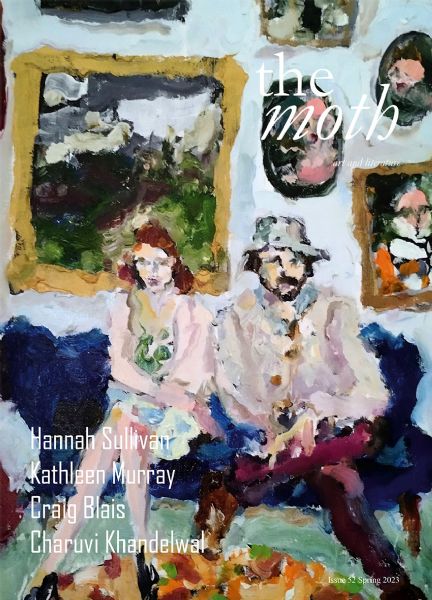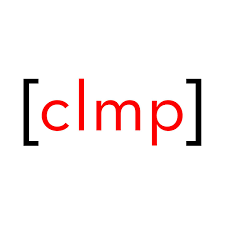Deadline Approaches for the Moth International Short Story Prize
Submissions are open for the Moth International Short Story Prize. Organized by the editors of the celebrated Irish literary magazine the Moth, the annual contest fetes its winner with publication in the Irish Times and a prize of €3,000 (approximately $3,217). Additional prizes of a weeklong retreat at Circle of Misse in Missé, France, with an open-ended travel stipend, and a prize of €1,000 (approximately $1,072) are also given. This year’s contest will be judged by Ottessa Moshfegh.
Submit a story of up to 3,000 words with a €15 (approximately $16) entry fee by June 30. Visit the website for the required entry form and complete guidelines.
Established in 2010 by Rebecca O’Connor and Will Govan, the Moth is a quarterly print literary magazine of poetry, fiction, and visual art, publishing established luminaries alongside emerging writers from around the world. Last fall, the editors announced that the Moth would cease publication in June 2023 as they moved on to new projects but that the journal’s several literary contests would continue, with increased monetary prizes for winners. Previous recipients of the short story prize include Owen Booth, Colin Crummey, and Caoilinn Hughes, who said of winning: “This seal of approval is superglue for the sanity!” Good luck, writers, and may any victories to come be similarly affirming—and as bolstering as the Moth has been to its community.
Image: The cover of the final issue of the Moth.






